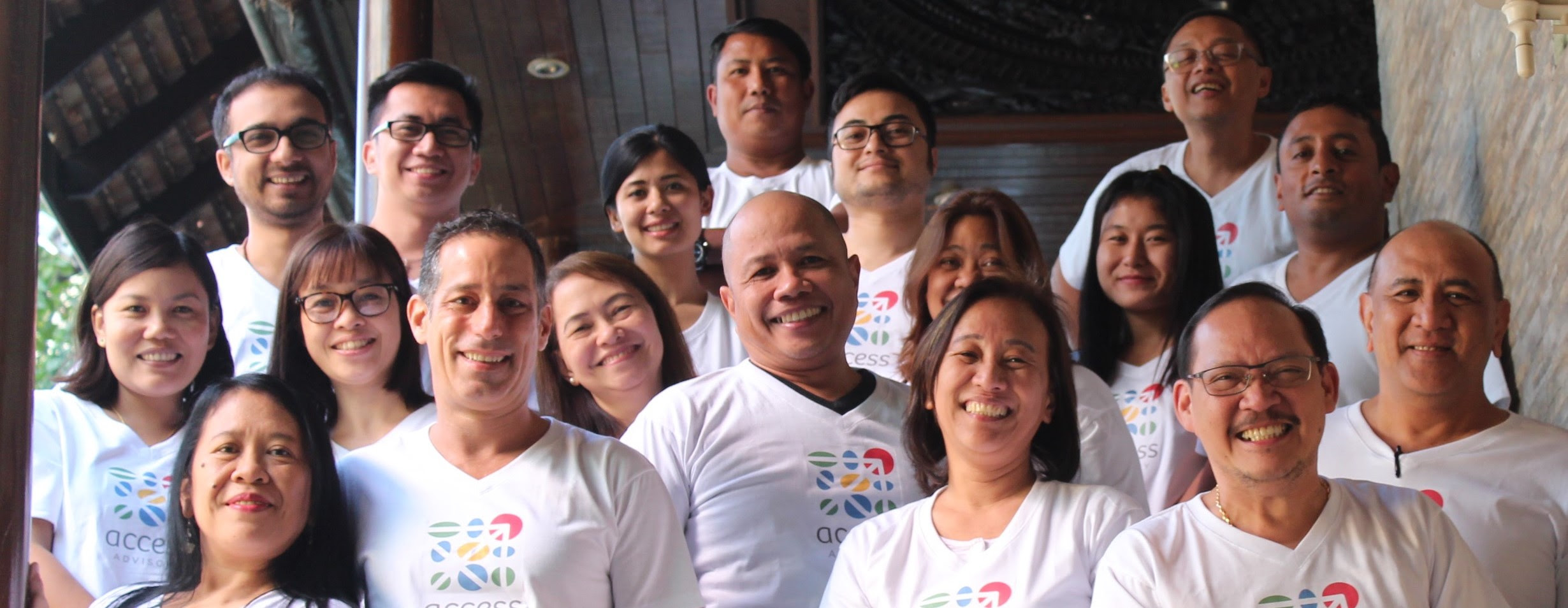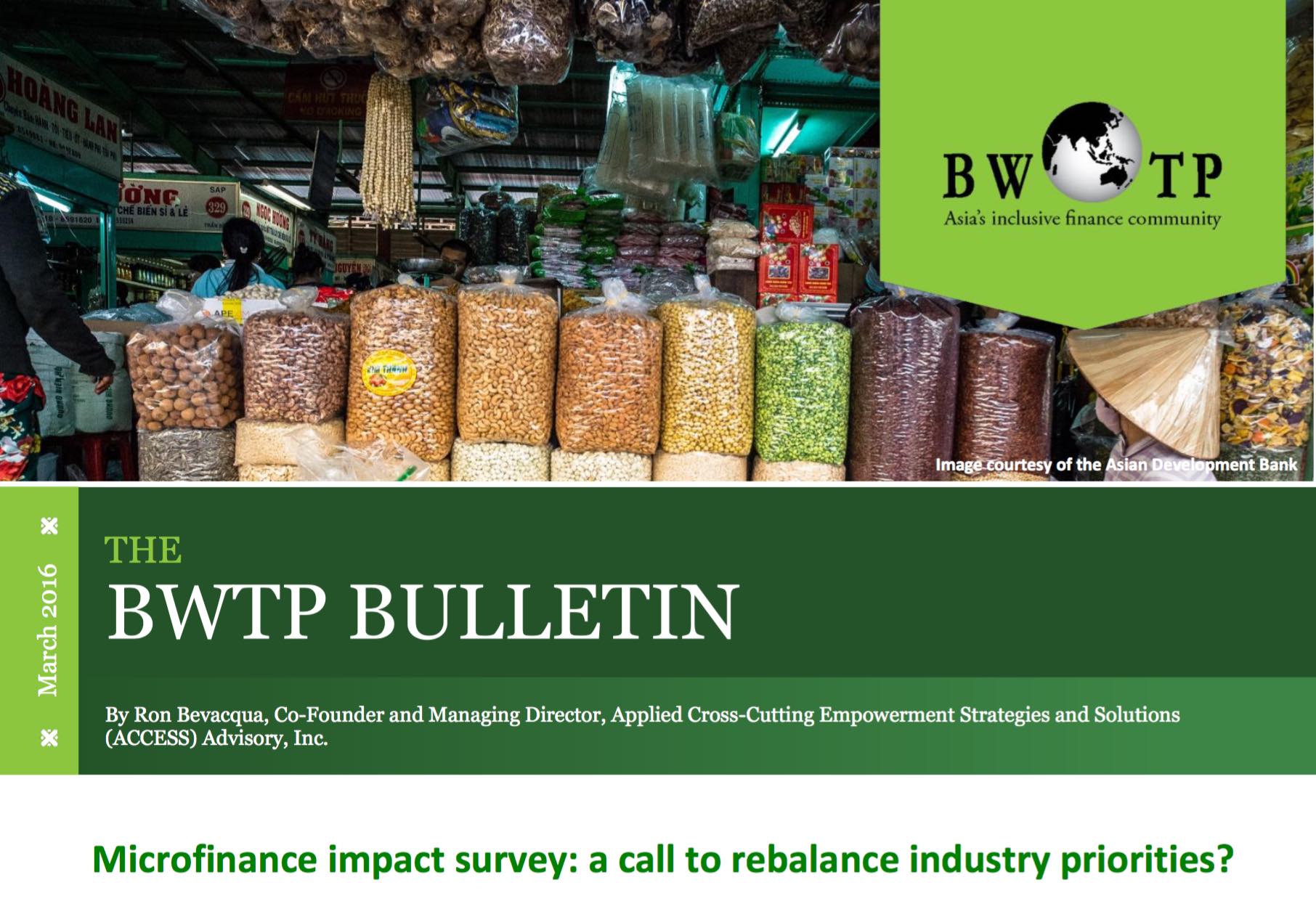Understanding the Factors Behind Successful Women’s Entrepreneurship
As discussed in previous posts, most people engaged in farms and livelihood activities view them as a way to get by rather than get ahead. Lacking scale, they are inefficient. Lacking access to information and markets, they do not have the power to extract profit from market transactions. They pay more for their inputs (including…



